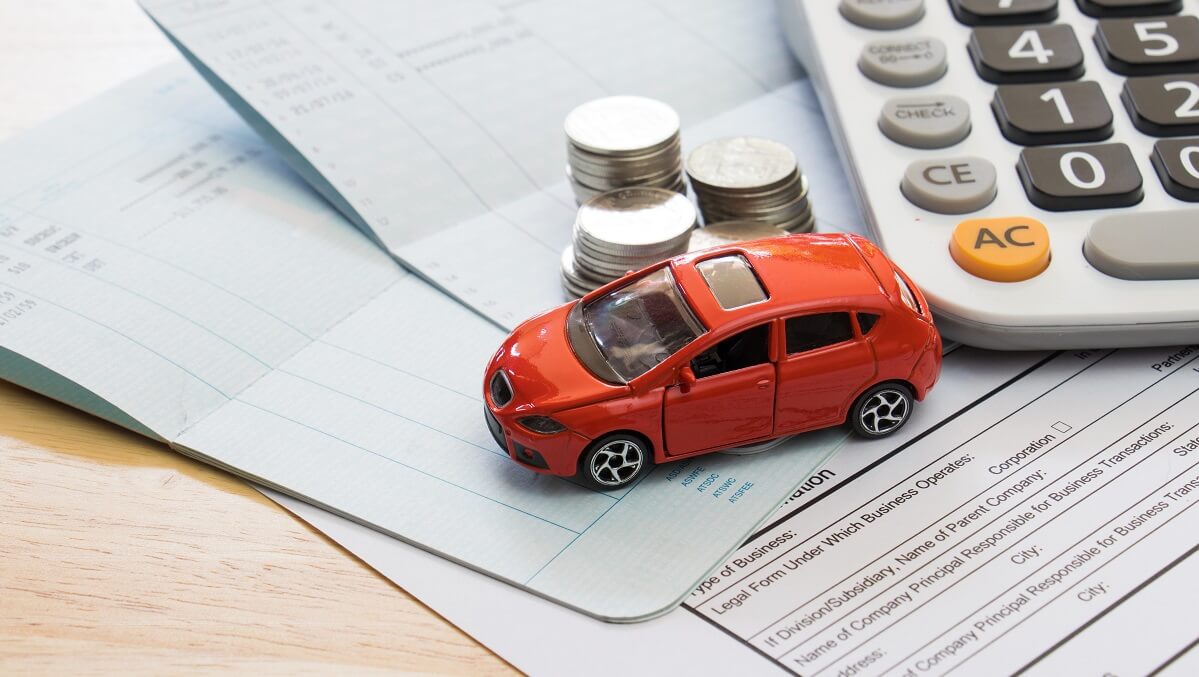Car insurance can be one of your larger expenses each year and, like everything else, it’s going up. But it’s a necessary evil, so could a different way of thinking about car insurance be the answer you’re looking for?
Australia is a nation heavily reliant on private cars, with many of us relying on them to conduct our daily business.
But there are also many people who drive very little, either because they’re retired and don’t do as much or because they’d prefer to avoid traffic and primarily use public transport.
Read: Average Australian’s credit score improves in 2022
If you’d describe yourself as a fairly infrequent driver, then ‘pay-as-you-drive’ (PAYD) could save you hundreds each year, while providing you with the same level of cover.
What is PAYD car insurance?
PAYD insurance gives you the same features and kinds of cover as traditional comprehensive car insurance, but you will only pay for the kilometres you plan to drive.
This type of car insurance is typically designed for people who drive 15,000 kilometres or less each year and, as such, will end up being cheaper than regular comprehensive car insurance – if you stay under the kilometre limit.
How does it work?
Most providers will ask you the number of kilometres you plan to drive each year and then calculate your premium based on this. You then give them your car’s odometer reading when you begin the policy.
Read: Which two super funds had positive returns in 2022?
Policies are generally for 12 months, so when the year is up, you will be required to submit your car’s current odometer reading again, and if you’ve travelled more kilometres than you intended, your premium will be increased substantially the following year.
If you need to make a claim during the coverage period and you’ve travelled further than the agreed number of kilometres, you will usually still be covered but will be required to pay an excess.
How much could I save?
If you don’t drive often, you could potentially save hundreds on your car insurance each year. Research from Compare the Market showed drivers could save as much as $454 per year.
Read: Bad money habits that can cost you dearly
Stephen Zeller, general manager of insurance at Compare the Market, says people should look at their car insurance any time their driving circumstances change.
“If you suspect the number of kilometres you travel in a week has reduced for whatever reason, you could be in a position to be paying much less for insurance,” he says.
“It’s important that when the time comes to renew or compare for a new policy, that you provide details that are as accurate as possible. Simply renewing a policy without checking it can mean you are throwing hundreds of dollars down the drain.”
Are you driving less than you used to? How much are you paying for your car insurance? Let us know in the comments section below.


Whatever we pay is just an absolute ripoff! My total premiums paid in my lifetime would have purchased 4 new cars yet I would still need to pay an excess in the event of a claim.
Maybe I should have been self insured all those years!!
I have been doing thios for many nyears now with Woolworths Car Insurance. I triexd youi, but as idrive approximately 5000 kms. per year, they weren’t interested, but Woolies were, hence….